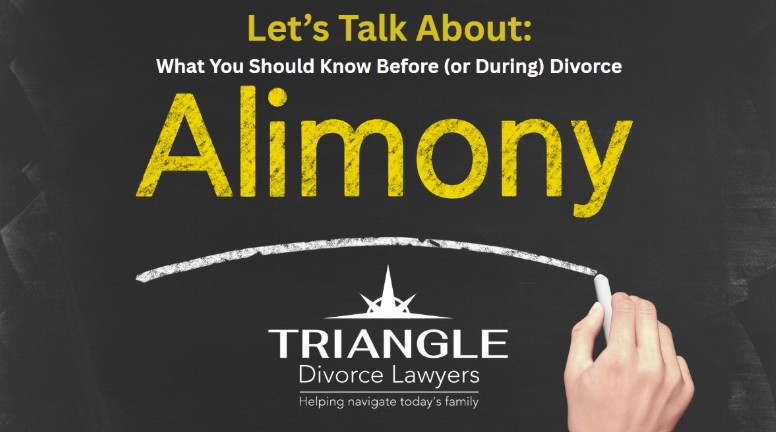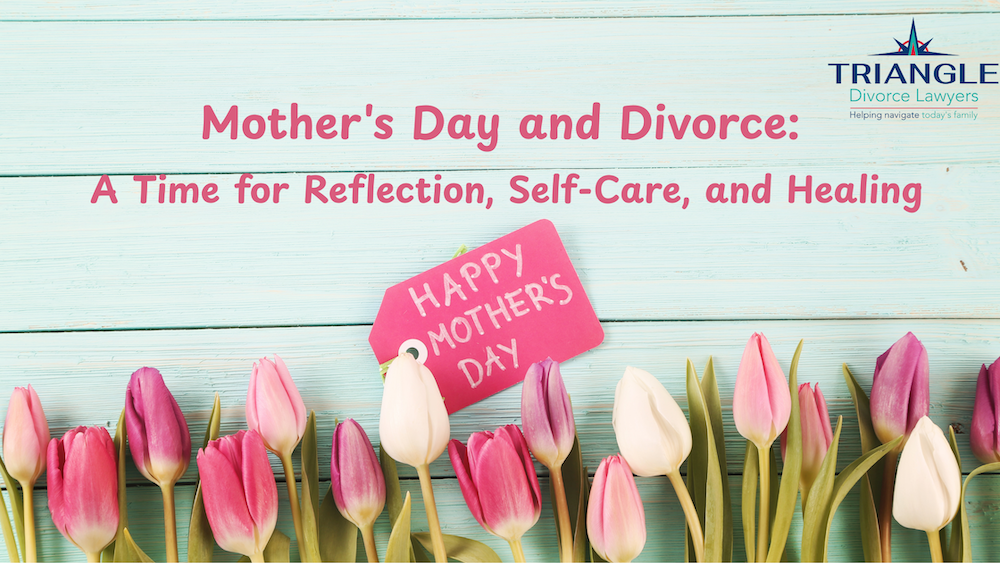Written by Daniel Johnson of Willis Johnson & Nelson
When the tension of a relationship ending leads someone to react with violence or in a threatening manner, it is not uncommon for the criminal justice system to step in and place significant restrictions on an individual’s liberty through what are commonly referred to as “restraining orders.” These orders generally fall into one of two categories: domestic violence restraining orders and conditions of pretrial release. Often, individuals have both types of “restraining orders” in place at the same time. It is important for anyone charged with a crime of domestic violence to understand the differences between these two types of “restraining orders,” the impact that these orders have on their rights, and the consequences of violating these orders. The following is based on a common scenario in the criminal justice system that illustrates how “restraining orders” work.




